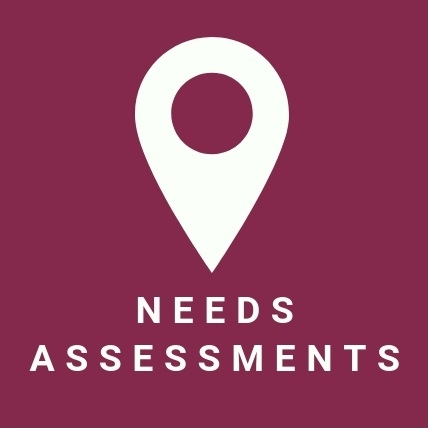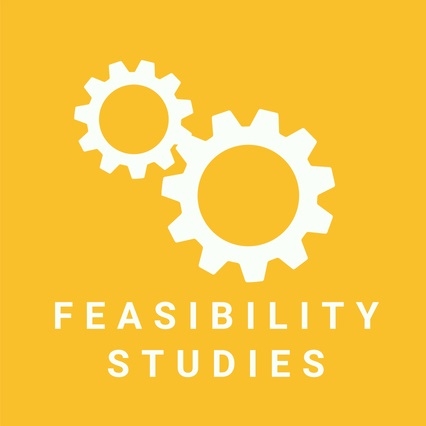Projects
CCBR typically has 15-20 ongoing projects and has completed over 450 projects since 1982. Each project is guided by our commitment to impacting social change in practical and powerful ways. We conduct research with people not on people, cultivating respect with communities at every step of the process.
Projects can be searched for using words from the project title or using the service area, theme, or date range for the project. You can also type 'Service Area' or 'Theme' into the search bar to get a list of options in each of these fields.
Projects
CCBR and CUSO conducted a national study of volunteer behaviours and preferences of returned overseas volunteers. CCBR’s role involved advising on research design and research tools, conducting qualitative interviews, administering and analyzing a bilingual survey, and contributing to report writing and dissemination of findings. The study was funded by Imagine Canada.
CCBR conducted this one-year action research project in partnership with Wilfrid Laurier University. The purpose of this project was to use Waterloo Region as a case study to explore factors that maximize positive outcomes (both social and academic) for immigrant youth in high school. The study was funded by SSHRC.
CCBR reviewed and revised a federal/provincial/territorial evaluation framework. This work was funded by Community Health Centres program, Ontario Ministry of Health and Long-Term Care.
An organizational review assessed current and emerging needs of refugee claimants, identified existing support services in the community, and developed a strategic plan that strengthens the role and effectiveness of the Coalition in its support of refugee claimants. This review was funded by Ontario Trillium Foundation.
CCBR conducted a process evaluation of knowledge development, networking, and dissemination around inclusive education principles in Canada for the Canadian Association for Community Living (CACL). The evaluation was funded by the Office of Disability Issues, through CACL.
CCBR developed a results-based program performance planning sheet for the CIDA Co-financing program. This work was funded by Presbyterian World Service & Development.
CCBR evaluated a province-wide initiative that aims to prevent strokes through health promotion. The evaluation was funded by Ontario Prevention Clearinghouse.
CCBR provided support and oversight to the lead consultant on an evaluation of the NGO Coalition for the International Criminal Court. This evaluation was funded by the World Federalist Movement – Institute for Global Policy.
CCBR conducted a feasibility study for a consumer run housing cooperative in Hamilton. This study was funded by the Supported Housing Coordination Network, represented by the Mental Health Rights Coalition.









